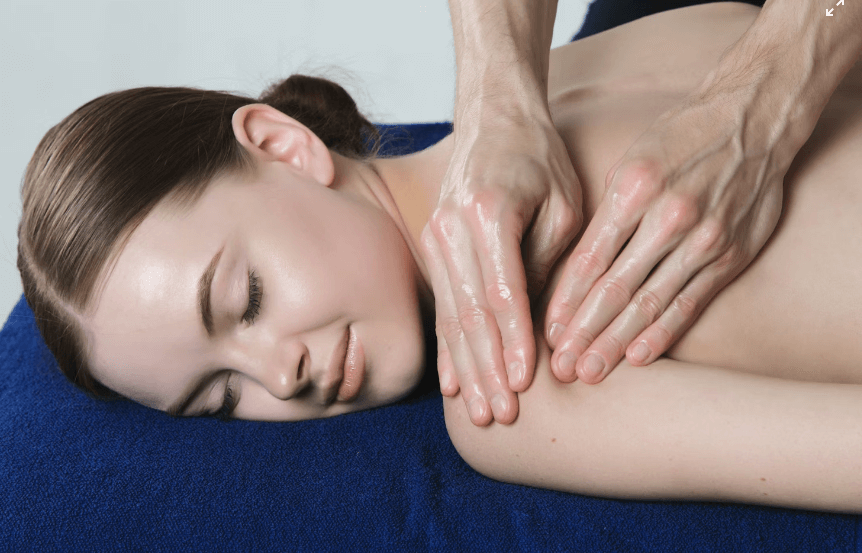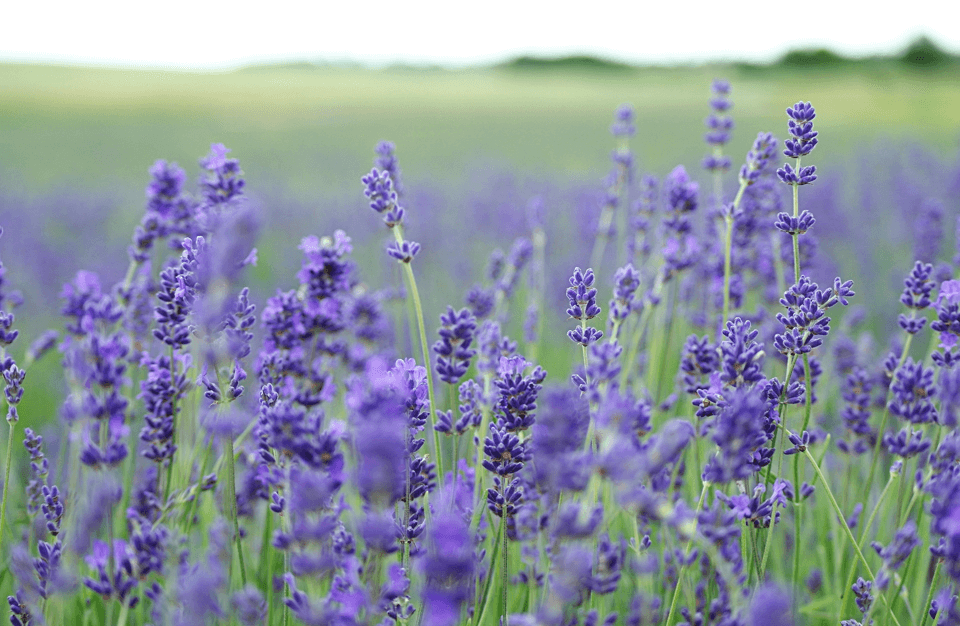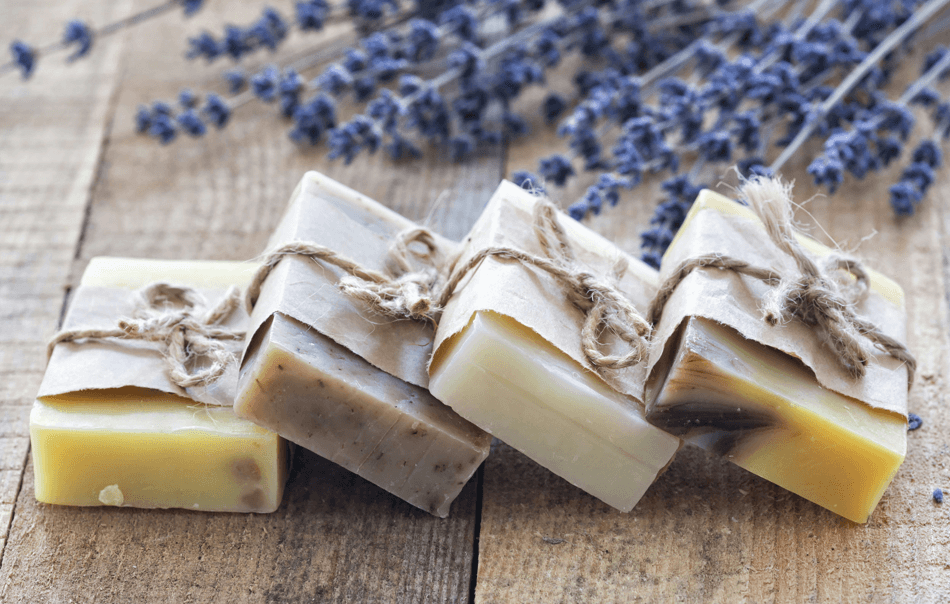African Black Soap: Is It Actually Good For Your Hair?

In a word - absolutely! African Black Soap is a gentle, natural alternative to regular shampoos.
Its rich ingredients can help soothe an itchy or dry scalp, while nourishing your hair and protecting against breakage. It's especially beneficial for those with curly, kinky, or coarse hair textures.
Let's dive in and learn more about African Black Soap and it's use in hair care!
What is African Black Soap?
African Black Soap, also known as "Anago" or "Ose Dudu", is a traditional soap originating from West Africa, almost exclusively from Ghana and Nigeria. It's made from a blend of plantain skins, palm tree leaves, cocoa pod powder, shea butter, and various oils. The soap is renowned for its natural healing properties, thanks to its high concentration of vitamins and minerals.
African Black Soap is antifungal, antibacterial, and antiviral, making it a potent cleansing agent for your scalp. So, not only does it clean your hair, but it also keeps your scalp healthy and happy.
The Traditional Manufacturing of African Black Soap
The process of manufacturing authentic African Black Soap is completely natural and local to the West African communities where it originates. The first step involves sun-drying and then roasting the plantain skins, palm tree leaves, and cocoa pods. This is a careful process that determines the color of the soap—the longer the ingredients are roasted, the darker the soap becomes.
The roasted plant materials are then combined with water and various oils such as palm kernel oil, coconut oil, shea butter and cocoa butter. The mixture is stirred constantly for at least 24 hours, allowing it to fully saponify.
Once the saponification process is complete, the soap is left to cure for two weeks. The end result is a versatile and potent cleansing tool, praised for its natural, gentle healing properties. This traditional, time-consuming process contributes to the soap's uniqueness and efficacy, making African Black Soap a standout among modern hair and skincare products.

Is African Black Soap Good For Hair?
An advantage of using African Black Soap for hair is that unlike many modern shampoos, it does not strip your hair of its natural oils. This helps to keep your scalp healthy and pH balanced, while also promoting healthy hair growth.
Its natural ingredients work as a clarifying agent, gently ridding the scalp and hair follicles of dirt while maintaining a natural pH balance. It's like giving your hair a natural detox.
The natural presence of vitamins and ingredients such as shea butter help to restore dry, brittle hair and protect it from sun damage
As an added bonus, due to its natural plant-based ingredients and low tech manufacturing process, African Black Soap has a low environmental impact compared to many artificial hair-care products. As well as this, your purchase of African black soap benefits the small communities that manufacture it and rely on it for income.
You can use African Black Soap on its own directly on your hair, or create an all-natural shampoo by combining it with other natural ingredients such as coconut milk, honey, and essential oils. Try different combinations until you find the one that best suits your hair type and needs!
African Black Soap is a great all-natural option for taking care of your hair. It's gentle, hydrating, and provides essential nutrients to promote healthy hair growth. Give it a try today!
Note: As with any new product, it is important to test African Black Soap on a small area of skin first to assess whether or not you have an allergy or adverse reaction. If you do, discontinue use immediately.
Benefits of African Black Soap Shampoo
One of the significant advantages of using African Black Soap as shampoo is its versatility—it works on all hair types. Whether you have curly or straight hair, coarse or fine, this magical soap has got you covered.
The soap is excellent at removing dirt, grease, and residue buildup from the scalp and hair. And the best part? It does all this without stripping your hair of its natural oils.
But the benefits don't stop there. African Black Soap shampoo also promotes healthy hair growth. So, if you're dreaming of luscious locks, this might just be your secret weapon.

Important Precautions When First Using African Black Soap as Shampoo
It's essential to be aware of potential effects when you first start using African Black Soap on your hair (or indeed your skin).
For those with sensitive skin, it's important to note that these soaps may be harsher than regular ones.
In some cases, reactive skin can become irritated or break out. If you're experiencing these issues or noticing dryness, it may be time to switch to an extra rich moisturizer or consider discontinuing the use of African black soap altogether.
If you have eczema or other skin conditions, test carefully and if you experience irritation discontinue it's use and find a solution better suited to your needs. Prioritize the health and well-being of your skin with the right shampoo for you.
Try the soap on a small patch of your skin first. Inside your elbow is a good place to test it. If you get no adverse reaction then you can move on to your hair and scalp and reap the benefits.
You may notice your hair feeling greasy or oily after washing. In some cases, there may be mild scalp irritation, in the form of itching, flaking, or dandruff. While these reactions are uncommon, it's crucial to review the ingredient label for any potential allergies - and to test first as described above.
How to Use African Black Soap as Shampoo
Using African Black Soap as shampoo is simple. First, dampen your hair. Then, take a small piece of the soap, work it into a lather in your hands, and apply it to your hair strands and scalp. Massage it in like you would with any other shampoo, then rinse thoroughly. Voila! Clean, shiny hair, courtesy of Mother Nature.
DIY African Black Soap Shampoo: A Step-By-Step Guide
Want to create your own African Black Soap Shampoo? It's really simple and you can experiment to get it just the way you want.
Buckle up, because we're about to embark on a DIY journey!
Ingredients You'll Need:
- 1 cup of African Black Soap (crumbled or grated)
- 3 cups of distilled water
- 1 tablespoon of raw honey
- 1 tablespoon of extra virgin olive oil
- 1 tablespoon of tea tree oil
- 1 tablespoon of coconut oil
Note that you can easily swap out ingredients and try other essential oils and base oils of your choosing. Make a small batch, use it up and then try a different formulation. You'll soon discover a favorite.
Let's Make Some Shampoo!
1. Crumble or Grate the Soap: Start by crumbling the African Black Soap into small pieces. If you prefer, you can grate it with a cheese grater. The smaller the pieces, the easier it will be to melt.
2. Boil the Water: Bring the distilled water to a boil in a pot. Distilled water is preferred as it's free from minerals and impurities.
3. Melt the Soap: Once the water is boiling, add your crumbled or grated soap to the pot. Reduce the heat to low and let the soap dissolve. This should take about 10 minutes. Stir occasionally to help the process along.
4. Add the Oils and Honey: After the soap has completely melted, add your oils and honey. Stir until everything is well combined. Each of these ingredients brings additional benefits to your shampoo, such as moisture (honey and coconut oil), shine (olive oil), and a healthy scalp (tea tree oil).
5. Let it Cool: Remove the mixture from the heat and let it cool. As it cools, it will start to thicken up.
6. Strain and Bottle: Once cool, strain your mixture into a squeeze bottle or pump bottle for easy application. This step ensures that any undissolved bits of soap don't end up in your shampoo.
And voila! You've made your own African Black Soap Shampoo!
Why Go DIY?
Creating your own African Black Soap Shampoo allows you to enjoy all the benefits of this fantastic product without any unnecessary additives that you might find in commercial versions. You can experiment with the ingredients to get it just the way you like, plus it's cost-effective and fun to make!
Here is the lovely Janine from Just Janine with her own favorite formula.
The Verdict
While African Black Soap may not be your typical shampoo, its benefits are hard to ignore. It's natural, affordable, and effective—what more could you ask for? Plus, there's something satisfying about going back to our roots (pun intended) and using a product that's been trusted for centuries.
So, next time you're in the shower, why not give African Black Soap a try for a fully natural hair cleanse?





